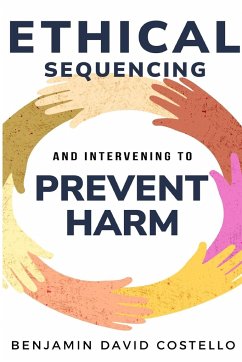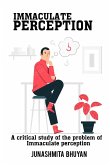Jones is known for glassing people at his local bar. The Police have been tipped-off that Jones will be visiting the bar this evening; they believe that once he is there Jones will glass a man, Smith, with whom he has previously quarrelled. At what point during the night should the Police intervene to prevent Jones from glassing Smith? Can Jones be detained before entering the bar, only when he has a drink in his hand, only when he walks towards Smith with a glass-in-hand, or only when Jones throws the glass at Smith? Moreover, should we attribute responsibility to Jones for his actions? And what if the Police decided not to intervene and, as a result, Smith was seriously harmed-should we say they are at least partially responsible for Smith's injuries? Providing answers to the questions above relies on constructing a novel structure of moral sequencing that can be used to assess general moral problems. Moral sequencing will allow us to determine if and when we should intervene to prevent the occurrence of harm and will permit us to make an assessment of an agent's responsibility for his actions.







